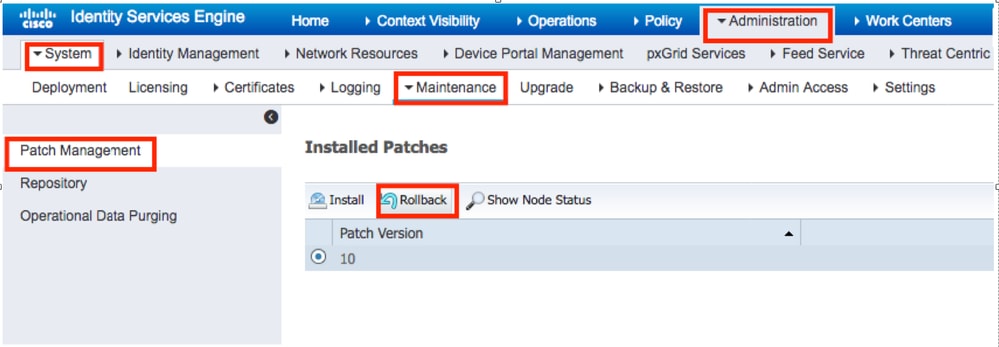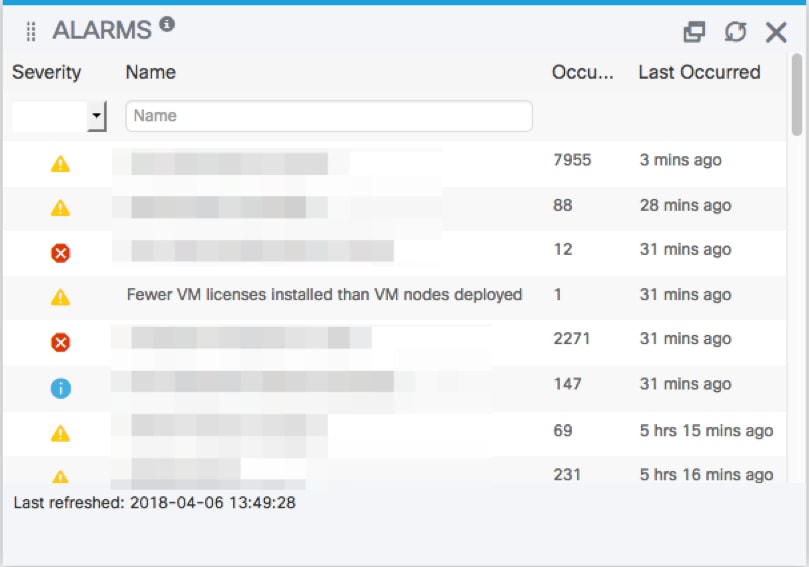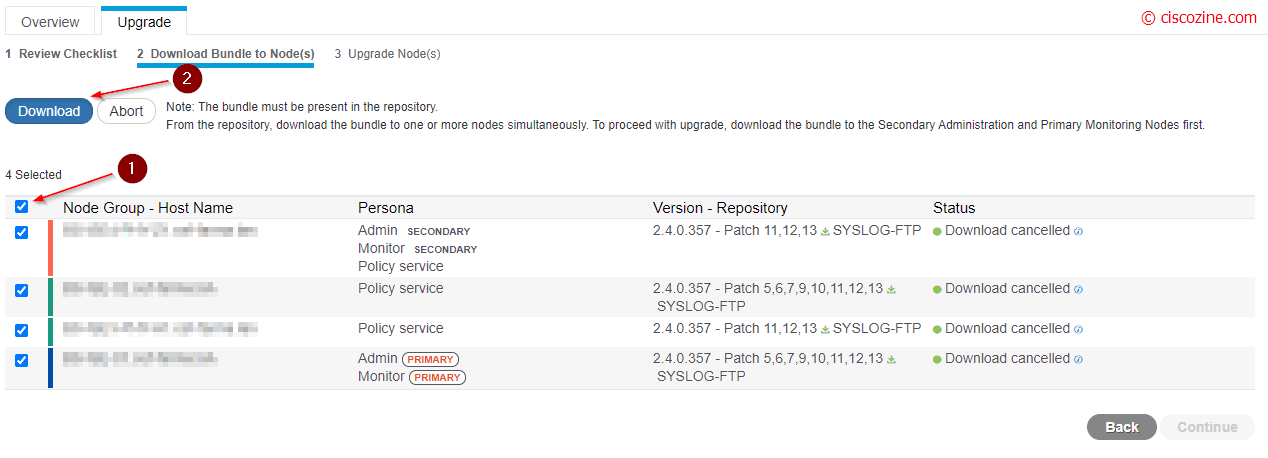
- Cisco ise 2.4 patch 5 high disk space utilization bug how to#
- Cisco ise 2.4 patch 5 high disk space utilization bug update#
You can also adjust the Network Virtual Appliance to forward traffic appropriately.
Cisco ise 2.4 patch 5 high disk space utilization bug update#
If you can’t delete the route, update the route by using the appropriate address prefix and next hop. If you do not require this route, delete the UDR. You can delete the NSG rule or modify the rule as described here.

In the Hops section of the connectivity check response that you received, check the listed issues.įind the corresponding resolution in the following table, and follow the indicated steps to resolve the issues. Step 5: Fix the issue in the connectivity check result. Ps/ContosoRG/providers/Microsoft.Network/networkInterfaces/fwNic/ipConfiguratio Ps/ContosoRG/providers/Microsoft.Network/networkInterfaces/appNic0/ipConfigurat The following is an example response: ConnectionStatus : Unreachable Linux: Check connectivity with Azure Network Watcher using Azure CLI 2.0 Windows: Check connectivity with Azure Network Watcher using PowerShell Run a connectivity check on the source VM, and check the response. If the Remote Desktop or SSH connection is successful, go to next step.
Cisco ise 2.4 patch 5 high disk space utilization bug how to#

To connect by using Remote Desktop, follow these steps.

Step 3: Check whether you can connect to the destination VM by using Remote Desktop or SSH. For example, if you have a rule that has priority 10, the rule that has priority 1000 will be matched first.Īfter that, try to ping the destination from the source VM again: tcping64.exe -t 3389 Rules that have a lower number will be matched first.


 0 kommentar(er)
0 kommentar(er)
